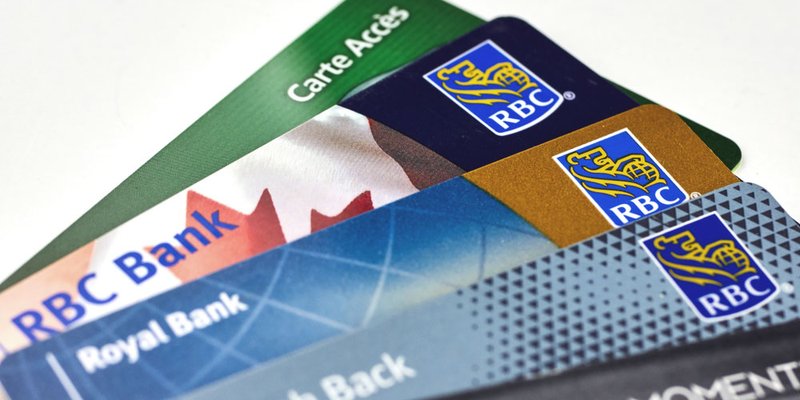
If you are not redirected within 30 seconds, please click here to continue.
Samedi: 10h – 16h HAE

If you are not redirected within 30 seconds, please click here to continue.
If you are not redirected within 30 seconds, please click here to continue.
Credit, debit, or charge it? When it comes to paying for your purchases, you’re faced with a wide array of options.
From no-fee chequing accounts to specialty rewards credit cards, lenders are using competitive tactics to fill a slot in your wallet. So how can charge cards factor into your preferred method of payment?
What is a charge card?
Charge cards are similar to credit cards in that you borrow funds from your lender to pay for your purchases, and then pay it back at a later date. The main difference is that while credit card debt sticks around and compounds interest (also known as revolving debt), charge cards require that you pay your balance back in full each month.
While this might seem limiting, it also means you’re looking at a zero interest rate, zero credit limit, and a low-risk payment method that limits your ability to overspend.
Charge cards mean less risk
At this point you’re probably wondering – if using a charge card limits you to using the funds at your disposal, wouldn’t a debit card be a more obvious choice?
Other than cash, debit is the most direct form of payment – you swipe your card, funds are deducted from your account, end of story.
However, should your card and pin fall into the wrong hands, your account can be instantly drained – and you’ll face a lengthy process of proving fraud to your bank in order to reclaim your money. Charge cards offer the same level of fraud protection as credit – if you see suspicious activity, you can quickly nip it in the bud. This makes it the lowest risk form of payment – even cash can get lost.
Pile on the rewards points
Unlike the limited offerings of rewards debit cards, charge cards can come with the same rewards and perks offered by their credit card cousins, giving you travel miles, cash back or specialty points while you spend.
Depending on your card, you could also have travel and insurance perks such as emergency medical coverage, trip interruption, and car rental discounts and theft protection. For example, the American Express Gold Rewards Charge Card packs a punch in welcome points – you’ll receive 15,000 in points if you reach $500 in spending on your card within the first three months. That’s enough to take a short haul flight, right off the bat.
The card also allows you to simultaneously charge travel costs and pay them off with points accrued. In terms of daily spending, you’ll receive two points on the dollar for gas, grocery, drugstore and travel-related costs – and one point for all other purchases.
Like similar travel credit cards though, this charge card does have an annual fee of $150, but this is waived for the first year of card use.
So are there really no limits?
Yes and no. While charge cards come with no preset spending limit, the lender will actually gauge your spending based on your income, habits and credit score (you need an excellent credit rating to qualify for a charge card).
If you plan on using your charge card for a larger purchase outside of your usual spending power, it’ll warrant a phone call to your lender to get the go-ahead. Just remember the golden rule: you must pay the card off in full each month. If you don’t, you’ll be smacked with sky-high interest (American Express charges 30% on late payments) and your account will likely be shut down until you pay your balance back.
Get money-saving tips in your inbox.
Stay on top of personal finance tips from our money experts!











